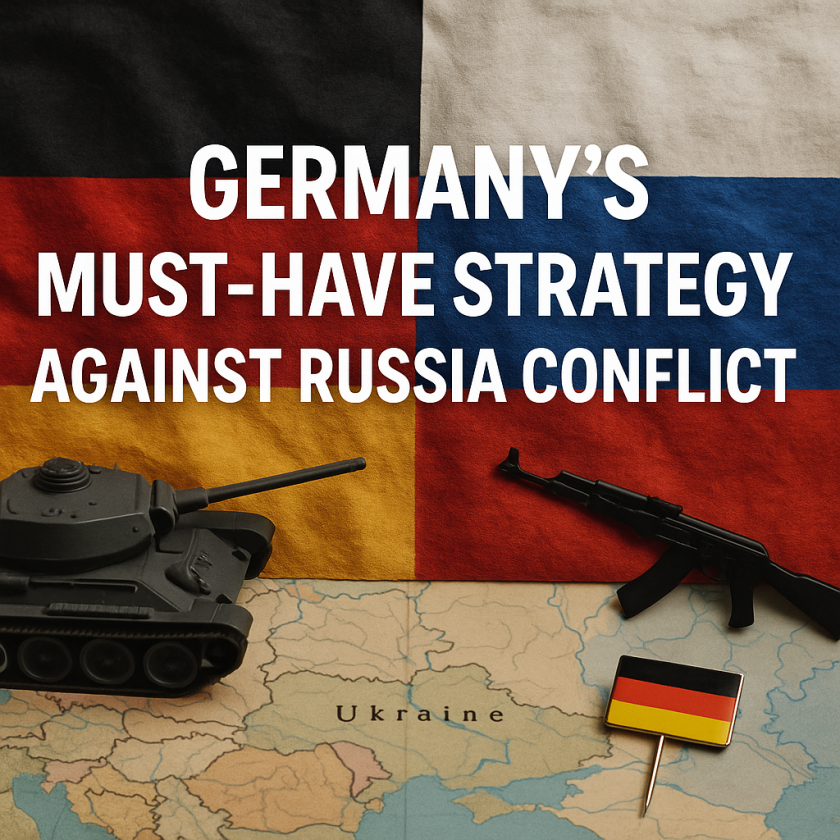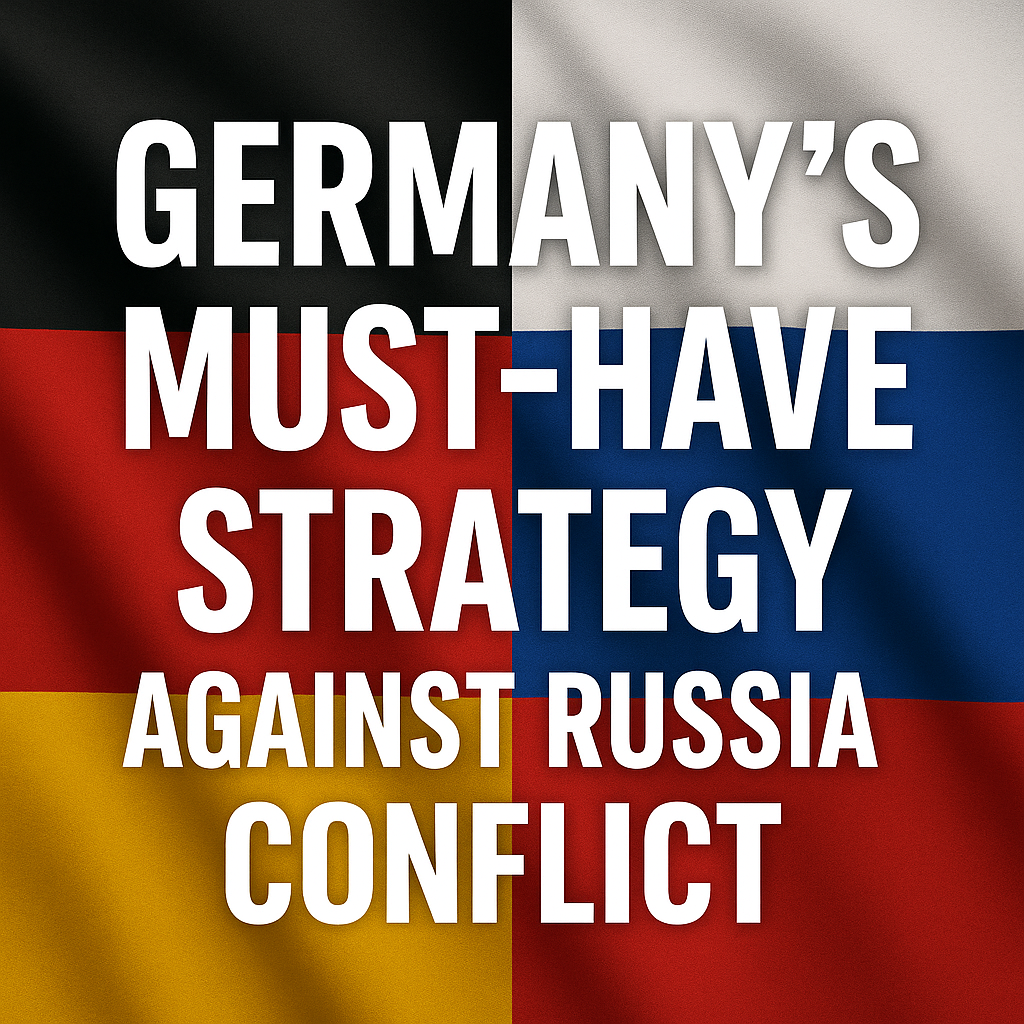Germany’s Must-Have Strategy Against Russia Conflict
Germany’s Must-Have Strategy Against Russia Conflict
Germany’s approach to the ongoing conflict with Russia has taken center stage in international relations discussions. As Europe’s largest economy and a pivotal member of NATO, Germany’s strategies are not just national interests but also reflect broader European security policies.
A Shifting Landscape in Berlin’s Foreign Policy

Germany has traditionally been cautious in its foreign policy, often characterized by a reluctance to engage in military action and a focus on diplomacy. However, recent events have compelled a reevaluation. According to an article from RT, influential political figures like Friedrich Merz, the leader of the Christian Democratic Union (CDU), are advocating for a more assertive stance against Russia. Merz contends that Germany must enhance its military capabilities to effectively counteract Russian aggression, particularly amidst the ongoing turmoil stemming from the invasion of Ukraine.
Conversely, Al Jazeera reports that many in Germany are still grappling with the implications of such a shift. Public opinion remains divided; while some support increased military spending and proactive measures, others echo concerns about escalating tensions. The German government, led by Chancellor Olaf Scholz, has expressed commitment to NATO and the necessity of a united front, suggesting that Germany’s strategy should prioritize alliances over unilateral action.
The Divided Response: Military Strategies and Public Sentiments
Germany’s strategic options are complex and multifaceted. A key component of the discussion revolves around increasing military expenditures. Recent legislation aimed at bolstering the German military has sparked both enthusiasm and skepticism.
– Arguments for Increased Military Spending: Proponents argue that strong military capabilities will deter further aggression from Russia and reassure Eastern European NATO allies. They cite examples from recent history where military presence played a stabilizing role.
– Concerns About Militarization: On the other hand, critics argue that militarization could exacerbate tensions, leading to an arms race in Europe. Many public sentiment indicators show a significant segment of the population that fears that escalating military efforts could result in conflict, as discussed in a recent Sky News report.
Moreover, the nature of Germany’s contributions to the NATO mission against Russia is under scrutiny. While some advocate for direct military engagement, others argue for a more diplomatic approach, emphasizing humanitarian aid and economic sanctions as more effective long-term strategies.
Alternatives to Military Solutions: Diplomatic and Economic Engagement
The discourse surrounding Germany’s strategy against Russia also highlights the importance of diplomatic channels and economic measures. Many analysts argue that a balanced approach, integrating military readiness with diplomatic efforts, is essential for long-term stability in Europe.
1. Sanctions and Economic Pressures: Germany has supported economic sanctions against Russia, which have had significant impacts on the Russian economy. However, these measures also come with costs for Germany, especially in terms of energy dependence. The challenges posed by reduced Russian gas supplies are creating rifts within the coalition supporting Ukraine, emphasizing the need for a resilient energy strategy.
2. Diplomatic Engagement: Engaging in dialogue with Russia, although complicated, has been highlighted as a necessary strategy. Finding common ground through diplomacy can sometimes yield better outcomes than confrontation.
Germany, therefore, is at a crossroads—balancing military preparedness with the softer tools of diplomacy and economic sanctions. As future challenges emerge, the necessity for a flexible strategy that adapts to changing circumstances will be vital.
Conclusion: Germany’s Role in a Complex Geopolitical Landscape
In summary, Germany’s strategy against the ongoing conflict with Russia must be multifaceted and agile. The debates surrounding military readiness, economic sanctions, and diplomatic engagement illustrate the complexities of crafting a coherent policy in a fraught geopolitical environment.
Germany stands as a critical player not just for its own national security, but also for the stability of Europe as a whole. The country’s policymakers will need to weigh the risks and rewards of various strategies while recognizing the diverse opinions within their society. As the situation continues to evolve, Germany’s ability to balance assertiveness with diplomacy may prove pivotal in shaping not only its fate but that of Europe in the face of Russian aggression.
Ultimately, Germany’s strategy must reflect both a recognition of the harsh realities of today’s international relations and a commitment to finding sustainable solutions for tomorrow.






































